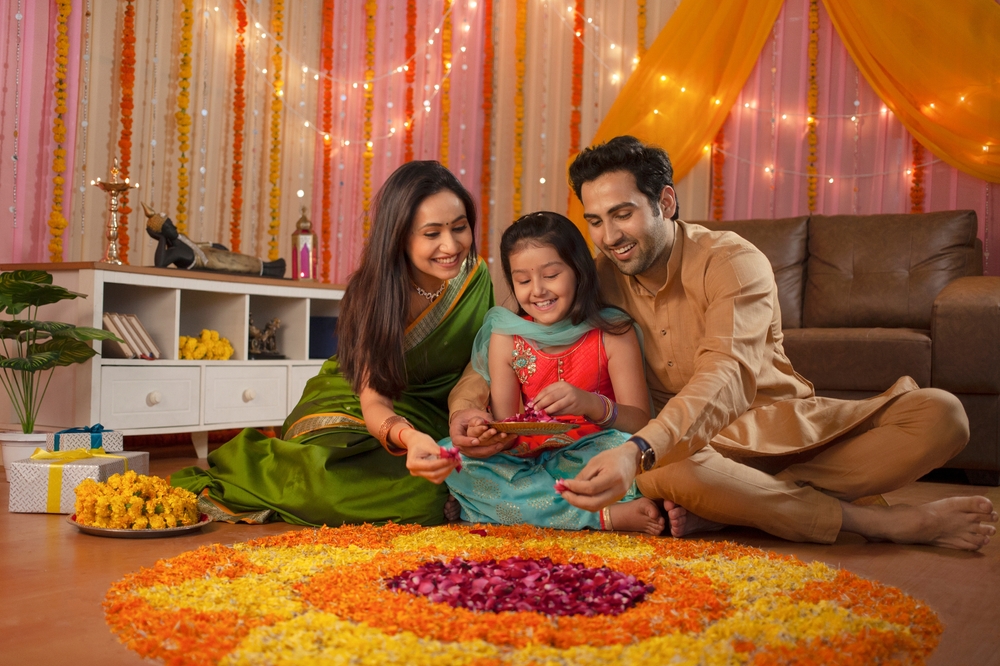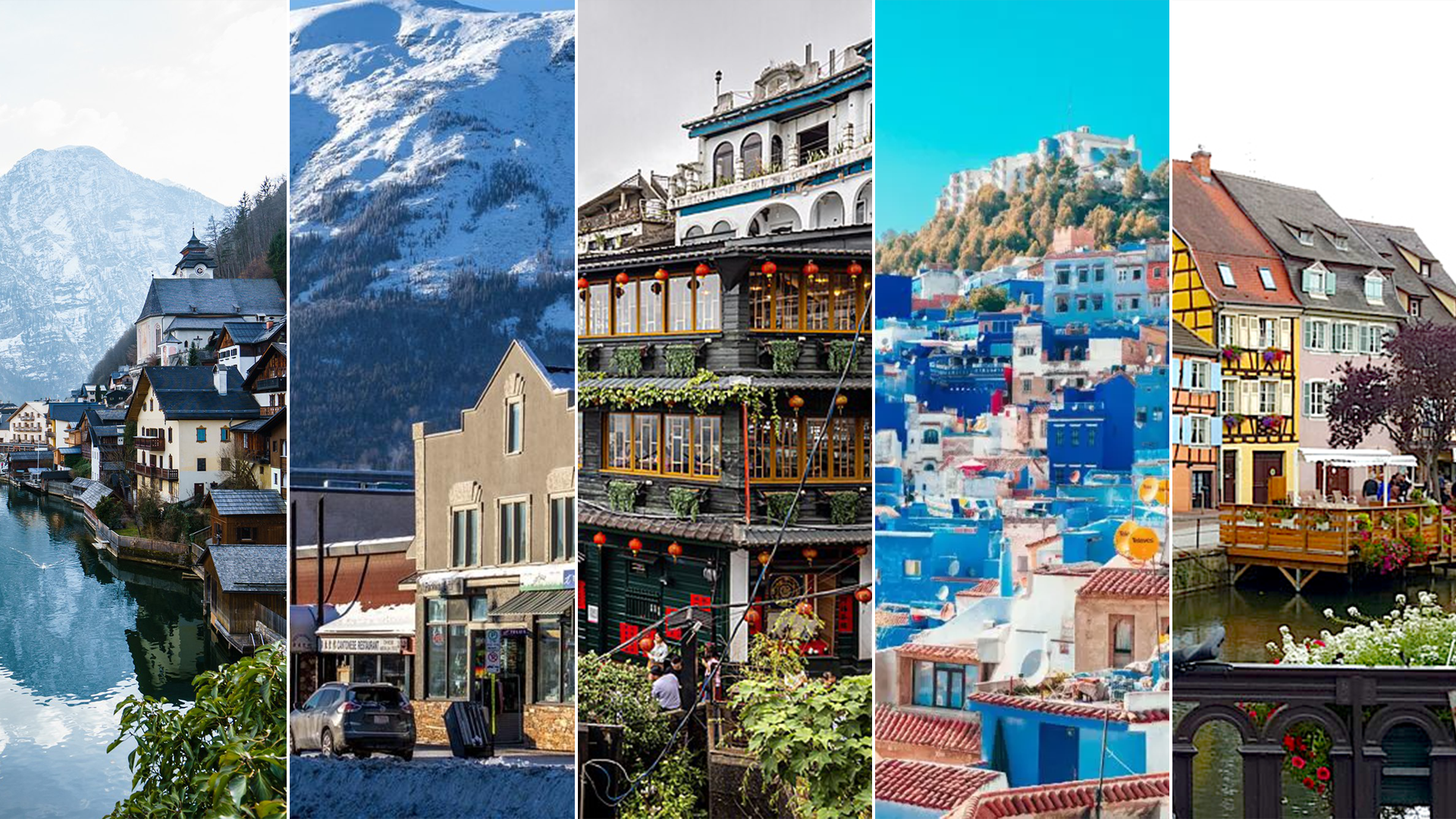India, a land of diverse cultures and traditions, is renowned for its rich heritage, customs, and rituals that date back thousands of years. From colorful festivals to intricate rituals, India’s traditions reflect its deep-rooted history and spiritual significance. In this blog, we will explore some of the most unique Indian traditions that continue to captivate people worldwide.
The Importance of Indian Traditions
Indian traditions are a blend of religious beliefs, social customs, and historical influences that have been passed down through generations. They shape the cultural identity of the country and play a crucial role in maintaining unity among its diverse population. Understanding these traditions provides insight into India’s way of life, values, and philosophies.
Unique Indian Traditions and Their Significance
1. Namaste – The Traditional Indian Greeting
One of the most recognizable Indian customs is the greeting, “Namaste.” This gesture, performed by joining both hands in a prayer-like position, signifies respect and goodwill. Rooted in Hindu philosophy, Namaste symbolizes the belief that divinity resides in every individual.
2. Indian Festivals: A Celebration of Culture and Spirituality
India is known as the land of festivals, with each festival holding deep cultural and religious significance. Some of the most celebrated festivals include:
- Diwali – The festival of lights, symbolizing the victory of good over evil.
- Holi – The festival of colors, marking the arrival of spring and fostering unity.
- Navratri – A nine-night festival dedicated to the Goddess Durga.
- Eid-ul-Fitr & Eid-ul-Adha – Important Islamic celebrations observed with prayers and feasts.
- Christmas – Celebrated by the Christian community with joy and devotion.
3. Yoga and Meditation: India’s Gift to the World
India is the birthplace of Yoga and meditation, which are integral to Indian traditions. Practiced for thousands of years, yoga promotes physical, mental, and spiritual well-being. The International Day of Yoga, celebrated on June 21st, highlights its global significance.
4. Traditional Indian Attire: A Reflection of Culture
Indian clothing varies by region, climate, and occasion. Some traditional Indian garments include:
- Saree – A graceful attire worn by women, draped in various styles.
- Kurta-Pajama & Sherwani – Traditional outfits worn by men, especially during weddings and festivals.
- Lehenga-Choli – A popular outfit for weddings and special occasions.
5. Indian Cuisine: A Gastronomic Delight
Indian food is an explosion of flavors, influenced by centuries of tradition and regional diversity. Key aspects of Indian cuisine include:
- Spices and Herbs – Essential ingredients like turmeric, cumin, and cardamom.
- Vegetarianism – Widely practiced due to religious beliefs.
- Street Food – Iconic dishes like Pani Puri, Samosa, and Vada Pav.
6. The Joint Family System: A Strong Social Fabric
Unlike the nuclear family system prevalent in the West, India values the joint family system. It fosters strong familial bonds, emotional support, and a sense of responsibility among members.
7. Indian Weddings: A Grand Affair
Indian weddings are known for their grandeur, rituals, and vibrant celebrations. Some key traditions include:
- Mehendi Ceremony – Applying intricate henna designs on the bride’s hands.
- Saptapadi – The seven sacred vows taken by the bride and groom.
- Baraat – The groom’s grand wedding procession.
8. Sacred River Worship: The Lifeline of India
Rivers like the Ganges, Yamuna, and Godavari hold immense spiritual importance in India. The Ganga Aarti, performed daily on the banks of the Ganges, is a mesmerizing ritual attracting thousands of devotees and tourists.
9. Ayurveda: Ancient Indian Medicine
Ayurveda, an ancient system of medicine, emphasizes holistic healing using natural herbs, yoga, and dietary practices. It is widely recognized worldwide for its effectiveness in promoting wellness.
10. Religious Harmony: A Unique Indian Ethos
India is home to multiple religions, including Hinduism, Islam, Christianity, Sikhism, Buddhism, and Jainism. The country’s secular fabric allows people of different faiths to coexist peacefully and celebrate each other’s festivals.
Why Understanding Indian Traditions Matters
Understanding India’s unique traditions is crucial for appreciating its rich cultural diversity. Whether you’re a traveler, researcher, or someone interested in global cultures, learning about these traditions offers a deeper connection with India’s heritage. Additionally, these traditions contribute to India’s global appeal in tourism, wellness, fashion, and spirituality.
Conclusion
India’s unique traditions are a testament to its deep cultural roots and spiritual ethos. From grand festivals and sacred rituals to traditional attire and world-renowned cuisine, these customs continue to shape the identity of the nation. Exploring and respecting these traditions not only enriches our understanding of India but also promotes cultural harmony worldwide.
Whether you’re planning to visit India or simply curious about its customs, immersing yourself in these traditions will undoubtedly leave you fascinated and inspired. Keep exploring, and embrace the beauty of India’s cultural heritage!



